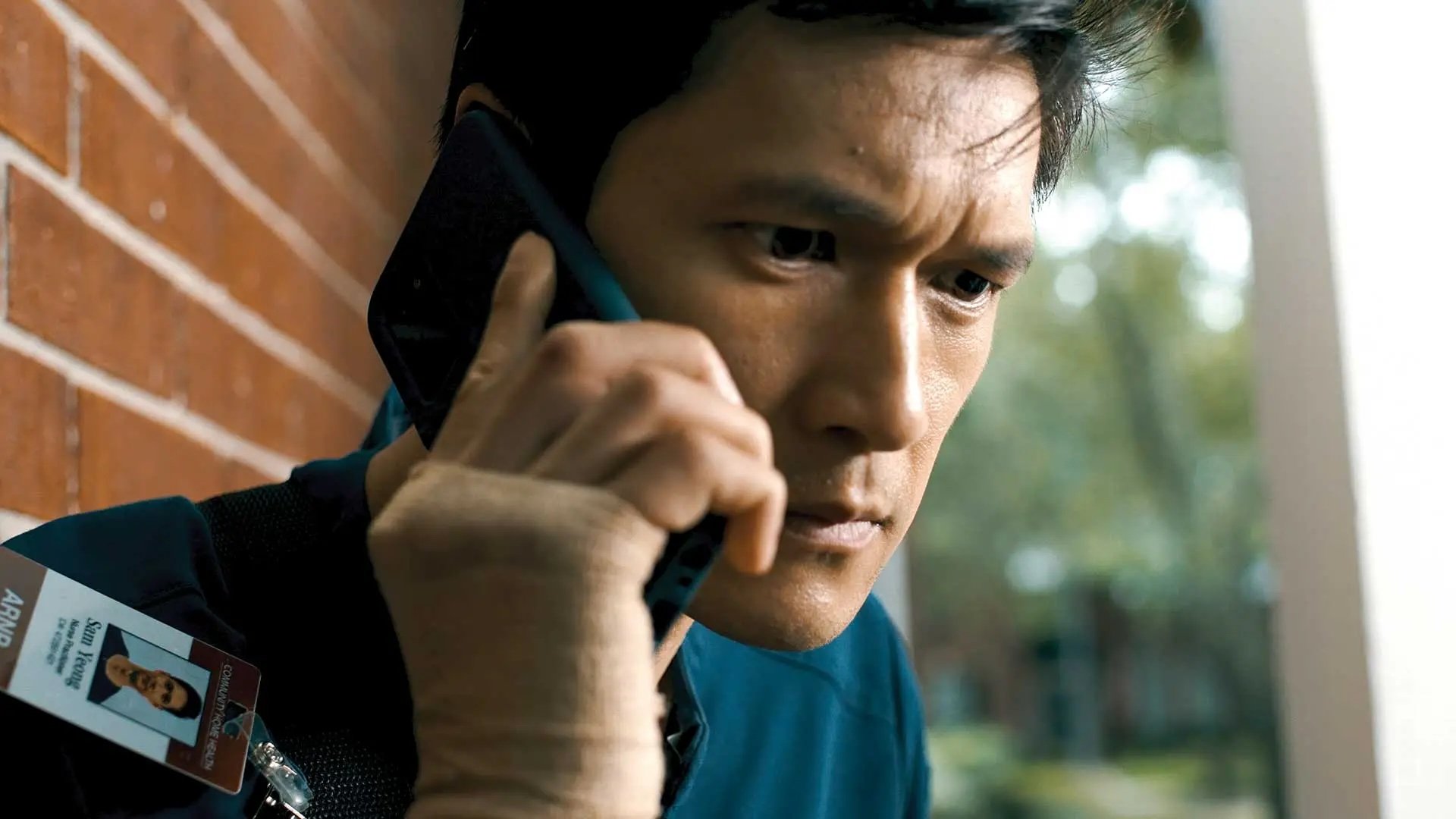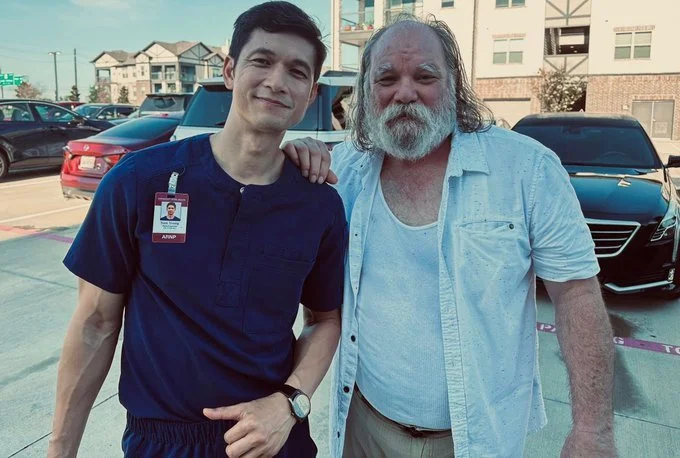When you’ve been a longtime fan of an actor, there’s something special about seeing them take on a project that hits on a deeper emotional register. That was exactly the case when I sat down to talk with director Chris Hartwell and actor-executive producer Harry Shum Jr. about their latest film Do No Harm, which just had its world premiere at the Dances With Films festival.
For fans of Harry Shum Jr., his range is no surprise. From scene-stealing charisma in Crazy Rich Asians and Everything Everywhere All at Once to quieter, more intimate performances in under-the-radar gems like Love Hard and Scrambled, he’s always brought nuance and humanity to his roles. That said, my personal soft spot is for his portrayal of Kuai Liang in Mortal Kombat: Legacy. So yes, getting to talk to someone who’s been part of that iconic franchise? Pretty cool.
But Do No Harm is something different—a film that dives into the raw emotional toll of caregiving, burnout, and the quiet pain of trying to appear perfect when everything is falling apart. Written and directed by Hartwell, and inspired by his wife’s work as a home health nurse, the film follows Sam Yeong (Shum), a burned-out nurse whose small mistake spirals into tragedy. It’s a gripping and deeply human story that speaks to the unspoken struggles many caregivers face every day.
Hartwell’s personal connection to the material comes through in every frame. His father is a doctor. His wife is a nurse. Their stories of hope, failure, and resilience—shared over dinner tables and in passing moments—formed the backbone of this seven-year passion project. His goal wasn’t just to dramatize the medical field, but to reflect it with honesty and empathy.
What’s striking about Do No Harm is how personal it feels on both sides of the camera. For Shum, stepping into the role of Sam meant embodying the quiet desperation that so many healthcare workers carry. His performance doesn’t just highlight the professional weight of caregiving—it explores the personal damage that silence and shame can inflict. And as executive producer, Shum was clearly invested in ensuring this story was told with care and authenticity.
The film doesn’t shy away from asking tough questions: What do we do after we've made a terrible mistake? How long can we pretend to be okay? What happens when the lies we tell ourselves become too heavy to carry? At its core, Do No Harm is about grace—both the grace we give others, and the grace we desperately need to give ourselves.
There’s also something genuinely heartwarming about how the film came together. Hartwell brought his own students into the production, many of whom had been following the project for years and helped make it a reality. That sense of community—of shared passion and belief in the story—feels embedded in the film’s DNA.
Do No Harm is not just for those in healthcare. It’s for anyone who has ever felt the pressure to hold it all together. It’s for anyone who’s hidden their pain behind a polished exterior. It’s a call for empathy, vulnerability, and, above all, honesty.
Talking to Chris and Harry, it’s clear that this film is more than a creative endeavor—it’s a mission. And whether you come to it for the thoughtful storytelling, the powerful performances, or just to support an actor whose body of work keeps evolving in surprising and meaningful ways, Do No Harm is a film worth watching—and a conversation worth having.
Jessie Hobson






